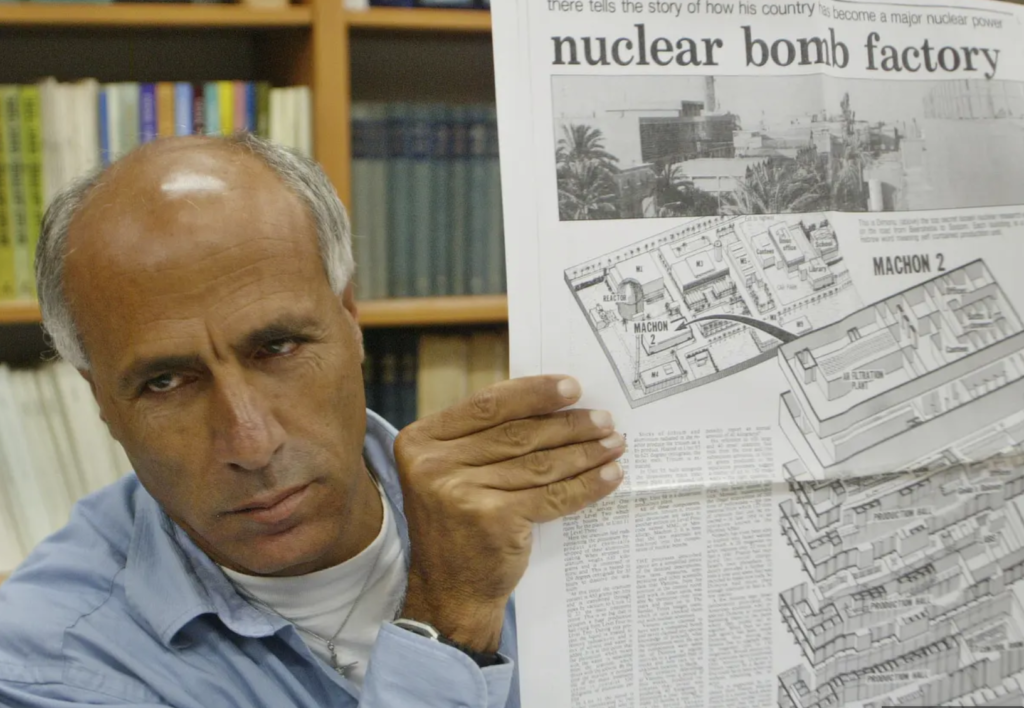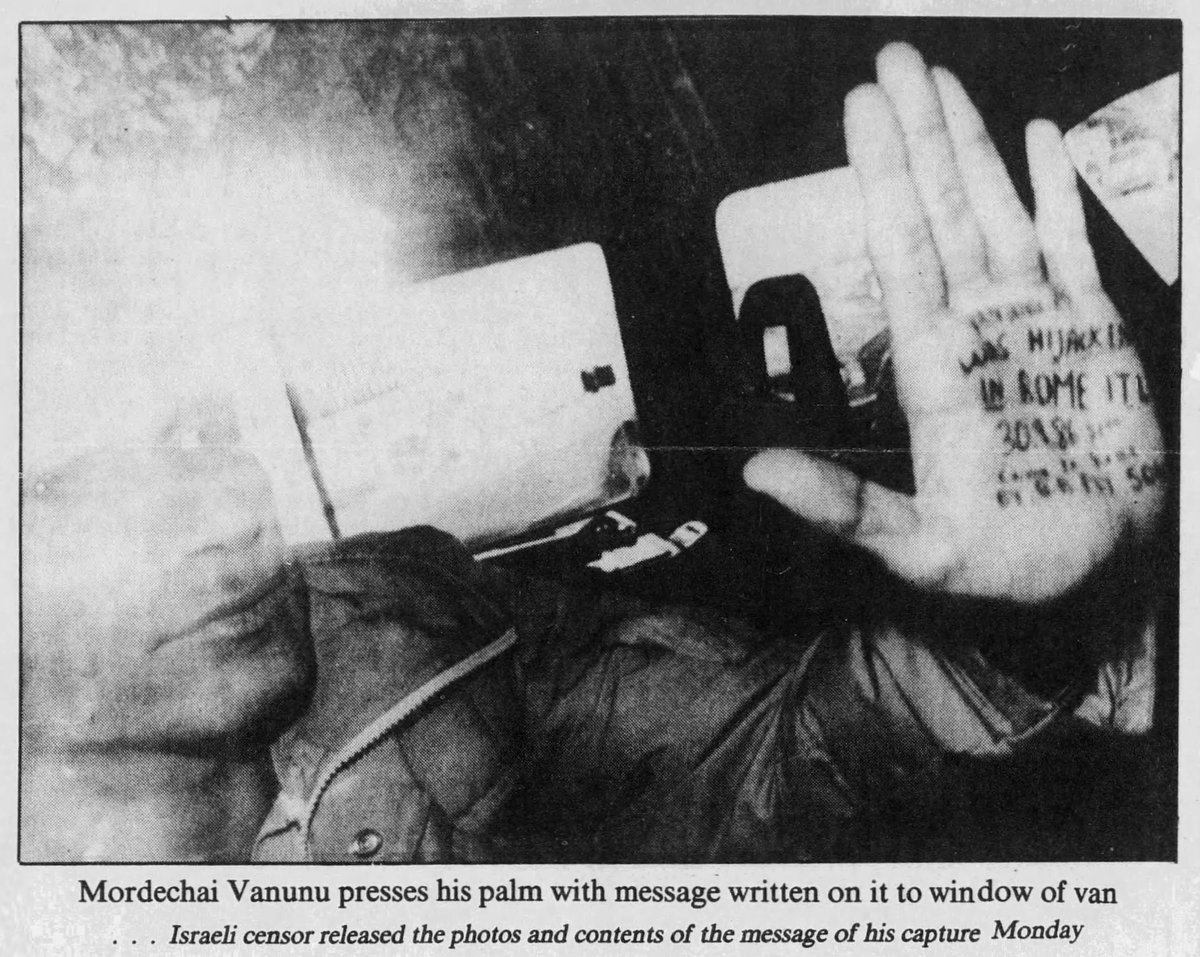Everyone knows the rules of kidnapping. Both in real life and in film, those rules are unquestioned and brutal - the kidnapper's demands must be met or there will be consequences worse than paying the ransom, which will often be the death of the captive, preceded by torture. This period, between the taking of the captive and the resolution with their freedom or death, is the period of extortion, blackmail and negotiation. The unwritten but well understood rules of this game are similar to other games, where failure to accede to the demands of the kidnapper result in new and more onerous demands, and commonly with a time limit. These demands are usually referred to as 'the ransom' - which reminds us of that other modern form of extortion - 'ransomware' - which has proven very effective for the hackers as a 'business model'. Both types of 'kidnapping' - of one's computer files, and of valuable persons taken by criminal gangs, require a ransom payment in money - or bitcoin - are however different from the kidnapping of hostages we are talking about here - the strategic holding of Israeli hostages by Palestinian resistance groups in Gaza. But the rules are the same, and something that must be recognised and acknowledged by the Israeli regime and its Western supporters before there is any chance of resolving the current impasse. This week a group of Israeli relatives of those kidnapped by Palestinian brigades on October 7th or killed in the 'crossfire' with Israeli forces visited Canberra to make their case with Australian parliamentarians and leaders of the government. What this case actually is is hard to define, though commentator Sharri Markson believes they were here to counter the alleged 'rise in antisemitism'. We have seen them campaigning for the last two months in Israel, Europe and the US to "Bring them Home", without anyone asking how this might be done - as if they were stuck on an island with no supplies and pleading for a rescue mission. The most striking thing about these Israeli relatives is their apparent failure to recognise the rules of kidnapping, as described above. Is this a wilful ignorance of something they simply refuse to accept, or an ignorance born of their inherent exceptionalism? It appears to be the latter, as the ransom - a political ransom - must be paid not by them but by their government. Such ignorance also has a history in Israel, as illustrated by the leading photo, showing the revealer of Israel's nuclear secret Mordechai Vanunu following his kidnapping - of which more later. One might then imagine that the Israeli government would be perfectly well aware of the need for "painful concessions" - as Israeli leaders have referred to some small compromises made in the past, but by avoiding ever mentioning these and preventing media from mentioning them, they ensure the Israeli public remains ignorant or is effectively silenced. And thanks to the global reach of the Imperial propaganda machine, millions of people under its umbrella never ask the question - "what do we need to give Hamas to get back our hostages?" Those people not asking this question include most Australians, thanks to the apparently genuine - but ludicrous - statement from the Prime Minister Anthony Albanese. At a meeting with the hostage relatives noted above, Albanese stated most solemly that "we call once again for the unconditional release of the hostages", and in this report below was echoed by a spokesman for the Opposition Simon Birmingham, as he met with the relatives on the lawns of Parliament House:
Since I started writing this, Hamas has exhausted the ranks of those hostages - civilian women and children - that it was agreed could be traded for Palestinian prisoners of Israel, and so the ball was in Israel's court to come up with an offer that would allow the 'truce' to be extended. Perhaps Hamas and Qatari negotiators believed Israel would finally be forced to admit it must play by the 'kidnapper's rules' in order to avoid incurring the wrath of the whole world by restarting the assault on Gaza. Wrong assumption! Israel never plays by the rules that apply to everyone else, and refuses to acknowledge that they even exist. But defending such behaviour requires a whole tapestry of lies, including the 'foundational lie' of "Israel's" existence, and further often improvised lies to enable its intended actions. The Israeli chief propagandist Jonathan Conricus is an expert at such lies, as illustrated by his responses to some mild challenges from the ABC over yesterday's genocidal slaughter of at least 700 people across the whole of the Gaza strip. This included the spectacular serial demolition of a whole housing settlement built with Qatari money a couple of years after 'Operation Cast Lead', as filmed by AFP here. While the situation in Gaza now has clearly moved beyond the hostages held by Hamas, Israel and her allies continue to pretend that they will somehow 'rescue' them or get them back by force, as their relatives become increasingly hysterical and desperate. Perhaps they even experience a little of the pain suffered by tens of thousands of parents in Gaza, whose children, siblings or cousins die a lingering death buried under sheets of collapsed concrete. Only inflating their anxieties and hopes, the UK government has now sent a surveillance aircraft to Gaza to try to sniff out the hostages from the air, while still failing to mention the idea of trading them for some sort of ransom. Hamas meanwhile has offered to release at least some of their captives in return for a ceasefire and withdrawal of Israeli forces from Gaza - demonstrating its adherence to what one might call the 'common law' of hostage taking, as well as ability to compromise on some details, - except of course that most important detail that Hamas will decide the outcome and future of Gaza. My reference to the case of Mordechai Vanunu above is to illustrate how Israel has a track record of kidnapping and hostage taking for political purposes where the victim always pays the ransom. In Vanunu's case it was 18 years in prison, followed by years of effective detention in Israel, at which time Israel still couldn't tolerate the negative publicity and revelations of its still-secret possession of nuclear weapons. This was a media report from the time:

The story of Mordechai Vanunu's successful efforts to expose Israel's secret nuclear reactor in Dimona and arsenal of nuclear weapons is a fascinating one, and perhaps first related by the Israeli agent Ari Ben Menashe in his 1992 book "Profits of War". Menashe was responsible for setting up the 'honey trap' that lured Vanunu from London - where he was giving interviews and information to the Sunday Times - to Rome. On arriving at the flat where he was invited to by 'Cindy' he was met by some Mossad guys who bundled him into a crate and shipped him to Tel Aviv. The Sunday Times editors only found out what happened to their 'source' after the photo leading this article was published in Israel, showing the number of the flight from Rome written on his hand. All information about him and the trial was suppressed by the state. Interestingly for Australian observers, and illustrating the depth of Australia's bonds to the Jewish state, Vanunu first sought to get his photos and story published in the Sydney Morning Herald - which didn't take him up but informed ASIO and Israel, who confirmed the information was genuine. Israel attempted to destroy his credibility by getting a false article published in the UK's Daily Mirror, through Israel's agent and friend Robert Maxwell and the foreign editor Nick Davies - who was a colleague of Ben-Menashe. But after Vanunu failed to return to London, the Sunday Times published the photos it already had from him, with dramatic results. That was on October 5th 1986. By chance today there emerged a report - from the NYT - that a rocket or missile apparently fired by Hamas on October 7th landed very close to one of the bases where Israel keeps its nuclear arsenal. The NYT 'Visual Investigations Team' identifies the site of this base in Central Israel at Sdot Micha, west of Jerusalem, including a map and current satellite photos. While the rocket didn't hit a missile silo or buildings it started a fire nearby, and notably was not brought down by the Iron Dome defence, which was likely overloaded at the time. The NYT concludes also that given the base is in a rather unpopulated area, Hamas targeted it intentionally, suggesting it may have had good intelligence. As Israel continues to hold the whole world hostage, with the ultimate threat to use its nuclear weapons if its existence and dominance of the region is threatened, the existence and location of its nuclear deterrent takes on a new significance. And the ransom it demands to remove this threat is more than any state can afford to pay.
DM 5.12.23
